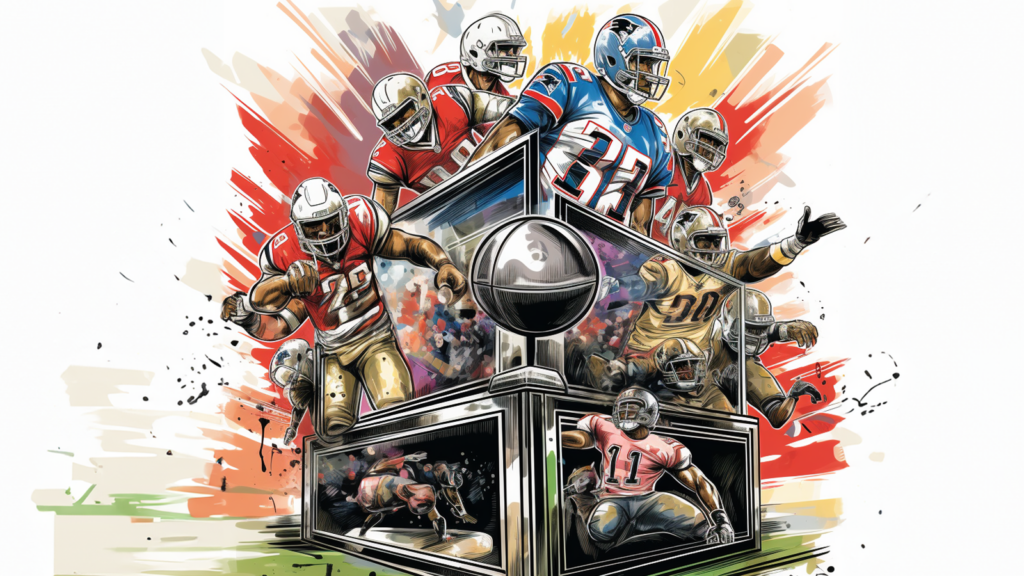Fans are the
new free agent
In our chaotic attention economy, nothing beats live sports. Live sports has been one of the last bastions of linear broadcast media, a tectonic force strong enough to redefine the way our society organizes itself; if you are skeptical of this argument, then consider the way we define Sunday. If we go back far enough in U.S. history, Sunday was designated as a day of rest from work in order to provide enough time for religious observation — that is, of course, until the NFL got big enough to knock God out of game day.

The game on the field alone does not explain this story — it was caused by the rise of television, advertising, and, finally, fan obsession. At the root of this story is a question of what products, channels, features, and experiences can drive the next generation of high volume fan attention. We know how valuable and powerful this attention is and how it used to work, and we also know it is about to change significantly. Welcome to ON_Sport: The Fan Experience. Fans are the new free agent.
What makes fans the new free agents? The answer is simple: unlike prior eras when there were limited choices, today’s fans have to actively opt-out of an infinite feed of personalized alternative sports programming so they can opt-into traditional sport media experiences and leagues. In other words, like MLB players after Curt Flood’s court case, the fans have options.
The once-stable market for America’s primary sports leagues are in a state of flux. The NBA, MLB, NHL, and most importantly, the NFL are leveraging a fading live and regional sports broadcasting model that remains massively profitable, but for an uncertain amount of time. At the same time, an alternative batch of professional leagues, startups, and brands are leveraging new methods of engagement that do not rely on traditional broadcast models and which are showing promising results. Can these insurgent leagues capture market share from the incumbents?
The combination of these forces are resetting fan expectations for how they consume the game, what matters most to their experience, and where the business opportunities lie in an uncertain future. In this issue we will explore the following questions:
How do media rights impact fans?
Media rights have long been the cash cow of professional sports.
We explored whether this system can sustain long-term profitability amidst the changing digital landscape and the unbundling of cable distribution.
The future of live sports may be uncertain, but some believe live sports need to embrace reality TV while others are steadfast that the death of live sports is greatly exaggerated .
Can insurgent leagues capture market share from the NFL?
The NFL is God, who is immune to all the forces challenging other incumbent leagues, like the NBA and MLB.
We explored what makes the NFL so powerful: a better TV experience, a better sport, or simply scarcity.
Can this ecosystem be disrupted? Sports need tribes to survive but better storytelling can bring new audiences to traditional sports .
So, are fans the new free agents?
In the age of data, the role fans play in sports is unclear.
Some argue that sports need to be careful not to turn off traditional fans while others believe sports need to completely reimagine the games and put fans in control .
Sports can go all-in on a future that is controlled by fans or try to innovate without losing traditional fans .
Time for discourse. Throughout this Living Issue, we released a number of pieces from a variety of industry experts. We published provocative positions representing alternative and opposing sides about The Fan Experience. If you think the NFL is going to stay dominant for the next generation of sports fans, for example, expect a piece that challenges that assumption. The same thinking applies If you think F1 can teach the NBA a lesson on how to engage with fans, to pick another example. As with any Living Issue, we will continuously update and we will cover all the angles. Finally, let us know if you have a position you want to add to the discourse.
